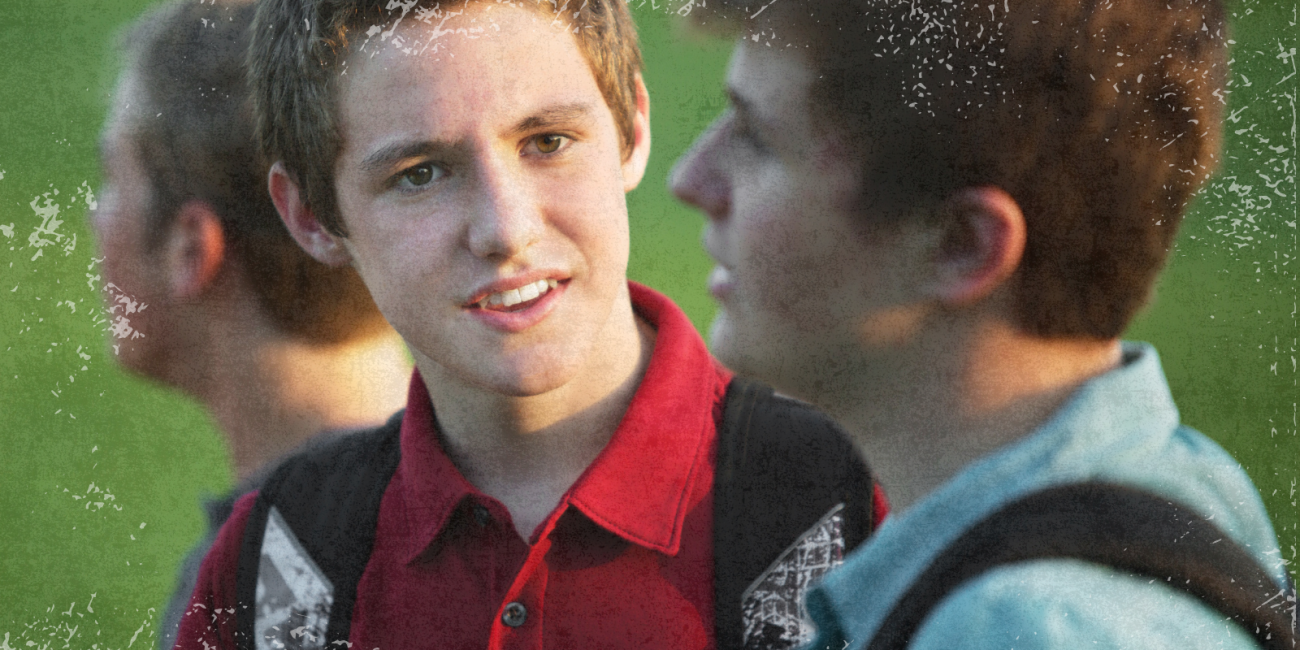
I spent the last few years in a boarding institute; when you live with people 24/7, conflicts become almost inevitable. Initially, I thought communication was the key to solving all interpersonal conflicts. However, time and again, I was confronted with its limitations. While sometimes it did what I thought it would, other times I just couldn't understand the other individual's perspective. This would further deteriorate the conflict, and in that argument, I would either speak or do something which I would ultimately end up regretting. Being easily swayed by my emotions and being biased in my own favour were the primary reasons for the lapse in my judgments. Many conflicts, I have realized, have been mostly due to my fault, but in the spur of the moment I couldn’t recognize this; I was hell-bent on the idea of me being right and the other, wrong. And when you start communication with already a verdict in mind, that is no longer communication, that is confirmation bias disguised as dialogue.
I was hell-bent on the idea of me being right and the other, wrong.
Slowly, my eyes opened to the duality of humans. I became aware of the never-ending tug of war between the heart and the mind; The mind preaches logic and reasoning, while the heart encourages spontaneity. In a conflict, people tend to gravitate towards the heart, which ultimately leads to our judgments being clouded. This exacerbates a conflict and escalates the disagreement instead of resolving it. In the spur of the moment, you get swayed by your emotions and take an illogical step, which you may regret afterwards.
The mind preaches logic and reasoning, while the heart encourages spontaneity.
One method has immensely helped me resolve conflicts: emotional detachment — not apathy, but thoughtful distance. Whenever a conflict arises, I try to imagine myself as an outsider—a complete stranger who has randomly come across this argument. This might seem absurd at first, but hear me out.
When we shift our status in that conflict from a participant to a mere observer, it helps us remove the bias and the emotions we might be feeling.
In this way, we set aside the feelings of anger, resentment, and revenge and bring logical reasoning out of our arsenal. This shifts focus from the heart to our mind, which, I feel, makes us more adequately equipped to neutralise these situations which might get out of hand. This will help us remove spontaneity from our decisions, which leads to actions that do not reflect our true intentions.
I have personally used detachment to resolve a lot of my problems. Stepping back and viewing the issue from a bird's eye view instead of being tunnel-visioned has enabled me to be as objective as possible. In this way, I have effectively neutralised most of my conflicts. However, I must admit that this is not the case sometimes. In certain cases, in the heat of the moment, I find it hard to detach from the conflict as the visceral emotions of that moment completely take hold of me.
Detaching seems counterintuitive at first, as it removes our instinctive urge to tackle a problem by letting our emotions run rampant. Detachment might seem like suppressing emotions, which might seem like destructive behaviour to some of you. However, detachment is really about temporarily setting aside vengeful emotions to gain clarity and better judgment in order to improve your relations and live in harmony with the people who mean so much to you.
Support Young Creators Like This One!
VoiceBox is a platform built to help young creators thrive. We believe that sharing thoughtful, high-quality content deserves pay even if your audience isn’t 100,000 strong.
But here's the thing: while you enjoy free content, our young contributors from all over the world are fairly compensated for their work. To keep this up, we need your help.
Will you join our community of supporters?
Your donation, no matter the size, makes a real difference. It allows us to:
- Compensate young creators for their work
- Maintain a safe, ad-free environment
- Continue providing high-quality, free content, including research reports and insights into youth issues
- Highlight youth voices and unique perspectives from cultures around the world
Your generosity fuels our mission! By supporting VoiceBox, you are directly supporting young people and showing that you value what they have to say.





